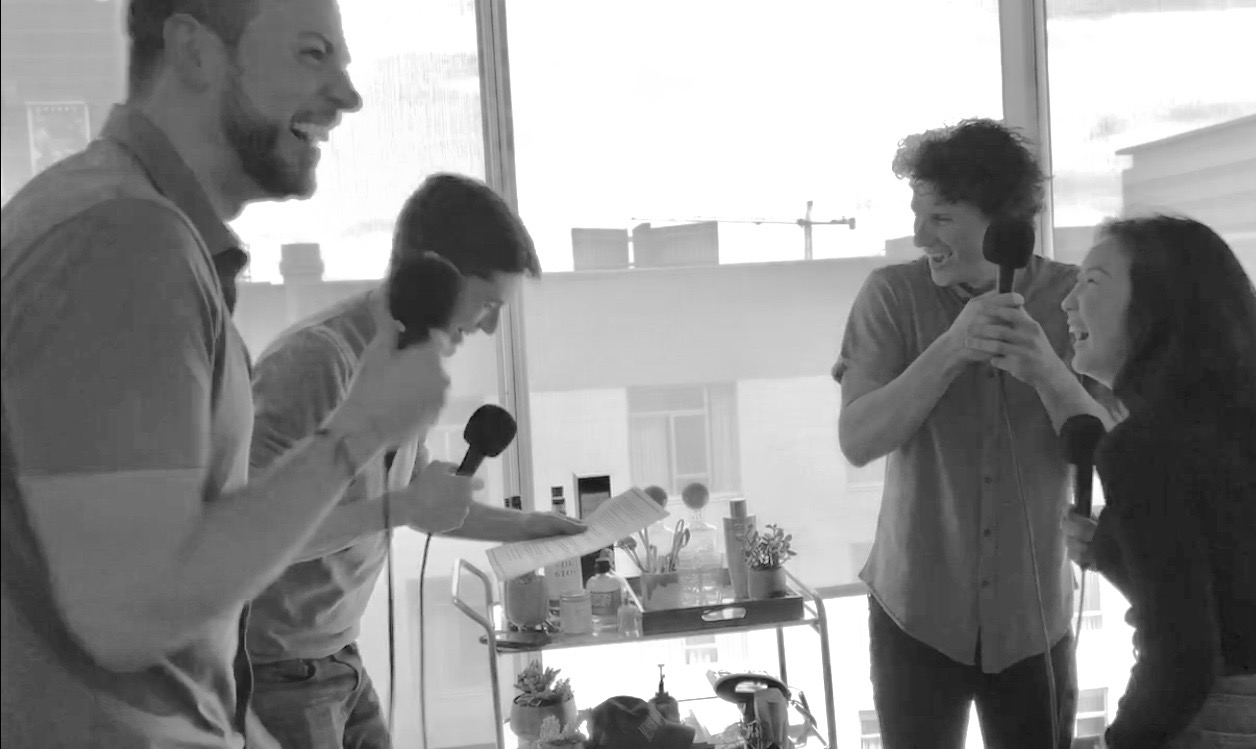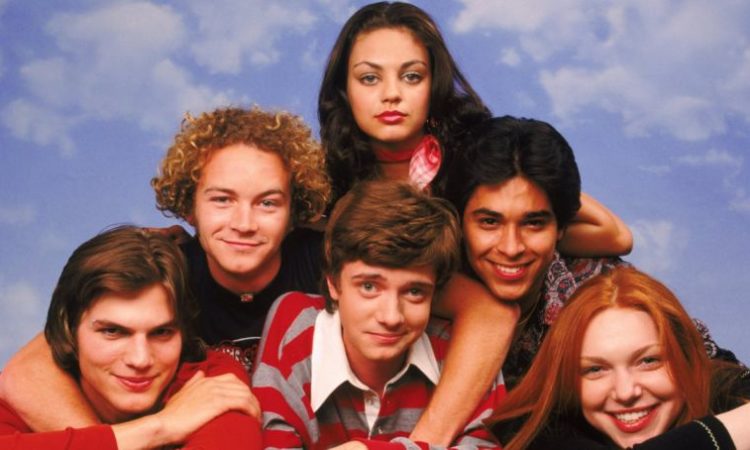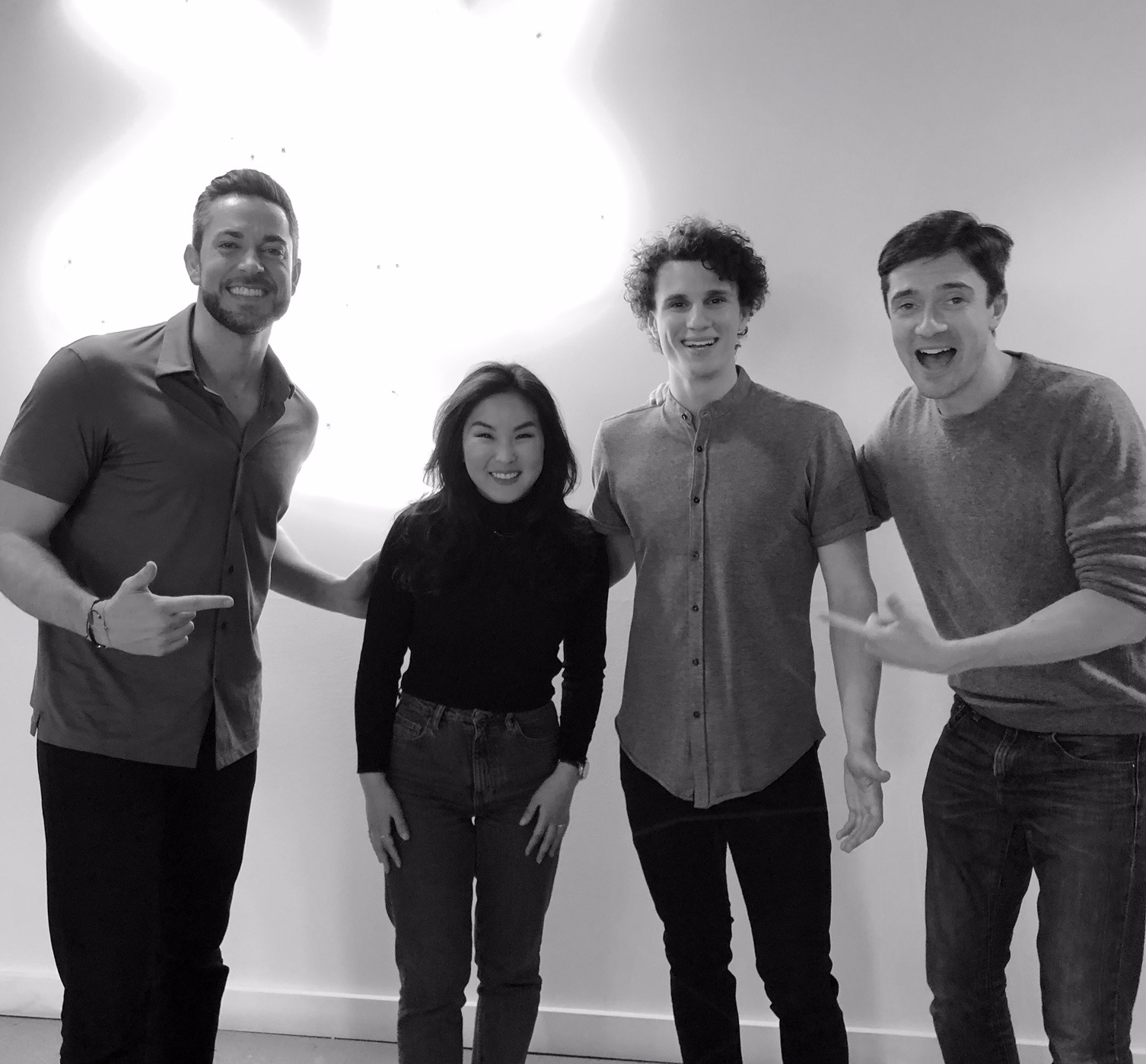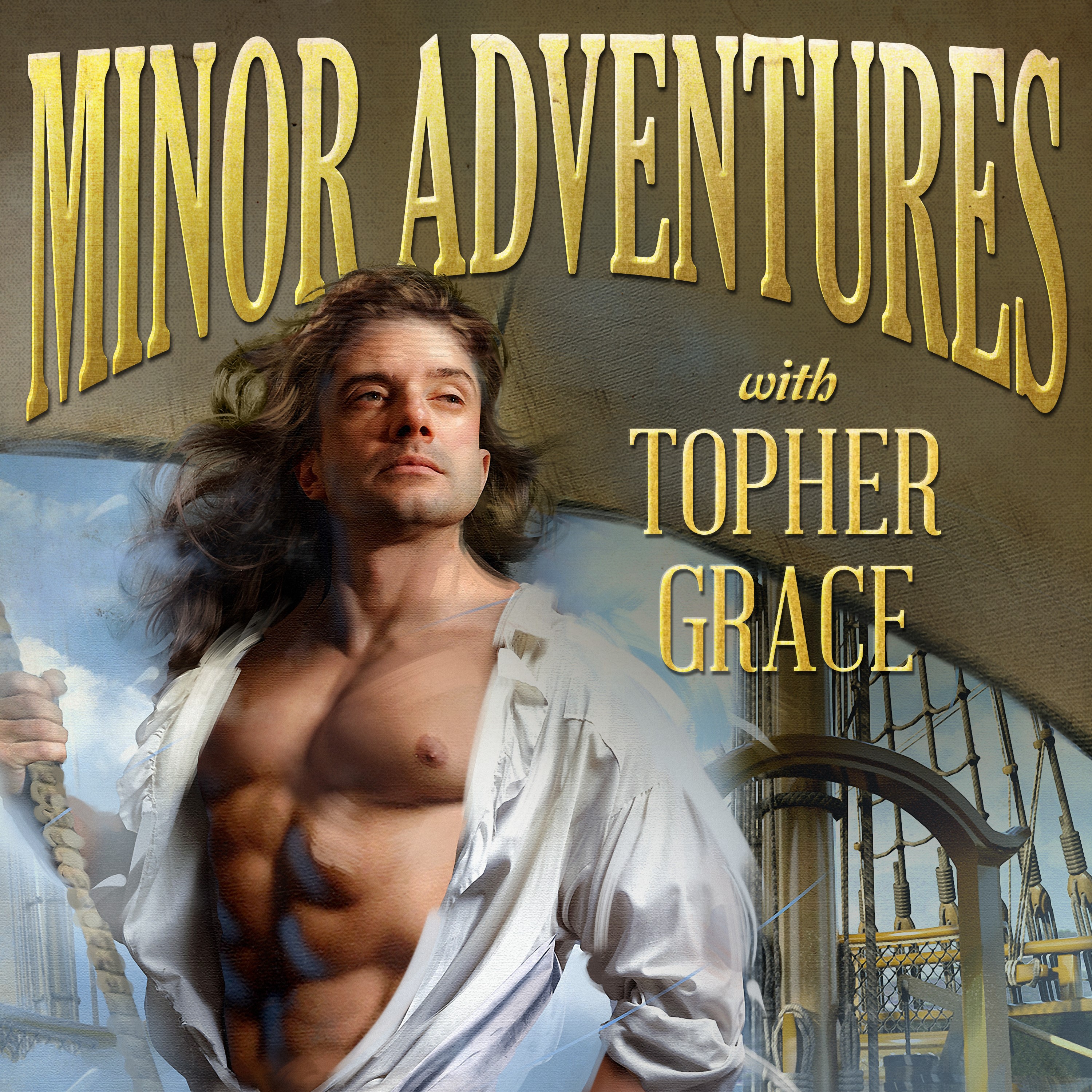Topher Grace Felt Guilty About His ‘That ’70s Show’ Success
Credit to Author: Noel Ransome| Date: Thu, 09 May 2019 18:10:34 +0000
For the third time during our conversation, Topher Grace makes it a priority to remind me that he’s boring: “as actors go, I’m pretty boring,” he says again, as if it was a fact he needed to convince me of.
Mind you, he’s the same actor who as far back as 1998, embodied the lanky geek Eric Forman from That ‘70s Show—a role that was the very definition of generic teen dude. He and his co-stars were the retro-hip ambassadors to a late 90s generation, when shooting the shit in a dank basement could still be considered cool.
The 2019 Grace on the other end of a phone line, however, is a different man: believably boring. He’s a 40-year-old father, and he’s long since diverged from the comedic stoner image many expect from him. Just last year, Grace wore a suit-and-tie in Spike Lee’s BlacKkKlansman as the graciously-mannered David Duke—a grand wizard of the Klu Klux Klan. He spent a month getting the well-spoken method of speech down, while mastering a handle on the howdy doody personality, who was the infamous mouthpiece for hate. “It was very depressing,” he recalls. “I had to go into a little bit of a hole when preparing for that.”
While his acting career continues on a prestigious but difficult rise, Grace has found ways to deviate from the work— his recent Anna Faris-produced podcast, Minor Adventures, being the latest. For the 20-year veteran actor, podcasting has become an outlet where he can turn off the noise and chat with friends like Paul Scheer, Whitney Cummings, and Zachary Levi. Instead of standard chats, each episode presents a new mini-adventure and surprising new experience where guests have no warning about what they’re about to partake in—from telemarketing to getting hypnotized.
We spoke to Grace about the ways his career led him to this moment, and how guilt became one of the motivating factors for his later success.
VICE: I listened to a couple of episodes, even listened to you marry a couple. Just how much fun are you having right now?
Topher Grace: It’s funny. I recently acted in BlacKkKlansman, and then The Hot Zone. So I’ve got one [movie] about the Klu Klux Klan which is always a wonderful subject. And then another about how ebola came to America. So it’s like sure, these are fun to do on set because I’m naturally surrounded by so many great actors. But it’s still all very depressing. Like, it’s just a whole lot of reading about stuff that’s just absolutely terrible. We’re talking about some of the most dangerous people and things connected to the human race. So on a whim, I went on the Tim Ferriss podcast—and I’m really not a huge podcast fan—but her producer afterwards approached me to ask whether or not I’d be interested in doing my own podcast. I said no, of course. I’d make a boring host. But then came the format of pure randomness, and I was sold. It’s so much more fun compared to my day job.

When you think of your day job as being its own thing, what is the “thing” about podcasting that appeals to you at the moment?
It’s just very different because, for one, I’m not on camera. The stakes feel far lower. But I have to reiterate that I’m a very boring host. This thing you’re doing with me right now? Asking questions? I’m terrible at that. My wife and I make jokes about how bad a reality television show featuring us would be, because it would be me watching another reality show. [Laughs.] I’m not that exciting. So thank god that there’s a format out there that can force me to do something different every week. It’s better to go on an adventure than communicate like an interesting human being. I’d rather just be someone’s friend for an episode, especially with those that I only know on a superficial level.
Sounds like a nice escape.
Well my wife and I just had a baby a year and a half ago, and it’s good to just get out of the house once a week and try out something new. And by new, I mean getting hooked up to a lie detector test with Wendy Cummings, telemarketing with Paul Shear, or creating a new language with the dude that gave words to the Dothraki from Game of Thrones. I’m just an introvert, so if you came to me about doing a traditional podcast, it would never work. But I can see this working, because it’s just me seeing everyone I’ve known from a different angle and light.
I think I’d be terrified to do half the random things you guys do. Does your acting experience play a role in your ability to jump in?
Acting hurts my ability to do this crazy stuff actually. I’ve been in this industry for 20 years, and the good part of that is from learning a trade, but for me, it’s been this one thing for so long. I only just turned 40, and I’m at this age where I’m open to everything new. What I’ve actually learned while doing these episodes is that it doesn’t matter if I’m actually not good at any of it, or this podcast. I’m actually bad in a lot of them actually. [Laughs.] But it’s fun either way. I’m at a place where I want to be open.

It’s interesting how you fell into podcasting though. It’s sorta like how your acting career started to begin with.
That’s true. I’ve been asked if I’m an adventurous guy based on that actually, and I don’t see myself as one. As actors go, like I said, I’m pretty boring. But that’s not to say I haven’t been open either. I never auditioned for That ‘70s Show 20 years ago. I just went in with only a school theater background. When they first called me, they didn’t offer me the role, they just asked if I wanted to try out for something. I guess I imagined that I was going to fail, but I did it anyway. That’s sort of how I’ve operated lately. I’ve tried to never take the kind of roles in movies that people would assume I would take.
In a sense, I guess I’m a bit of an adrenaline junkie. I like when my time on a set is different and unlike anything I’ve ever done before. Some actors enjoy playing the same role over and over again, and honestly, that’s probably the smarter thing to do [laughs], because that’s how you actually make money. That thing people know you for becomes a commodity, but that isn’t for me. Going for the radically different makes me, 20 years into a career, feel excited every time I show up on set.
Expand on that. Because for the longest time, you were that guy from the That ‘70s Show . But now you’re a father, older, and considered a serious actor. How does all that impact the roles you choose these days?
I was honestly lucky to not only get on That ‘70s Show with all those talented people, but also land on a show that did so well for all of us. We got to choose what we wanted to do from there. You must know that actors don’t often get to do that or have kind of privilege. I’ve always felt guilty about that. I was a guy who hadn’t worked before and so many other actors have dedicated years to get to where I managed to end up. I guess I feel like it’s a duty based on the good fortune of the show, to not just cash in on the same role over and over again. I need to try something different every time. The byproduct of that is the excitement. It’s like, here we go all over again.
And trust me, last year, I wasn’t on-site thinking, oh boy, I’m about to play a Grand Wizard of the Klu Klux Klan for Spike Lee…yay [laughs]. But 20 years in, it felt new. It was the same thing with The Hot Zone. We were getting in these biohazard suits, and I did all this research about disease, the CDC, ebola, and there’s all these experts on set. I just don’t know the person that likes to do the same thing over and over again. Maybe that person exists, but it’s just an industry that I’m not a part of. I more wanted to earn my success in retrospect. The first film I ever did while I was on That ‘70s Show was Traffic, if you remember that movie.
Of course I remember Traffic.
[Laughs] Well it was the same thing. It was just as daunting as doing That ‘70s Show before I had ever acted. The stuff I had to do with that character was crazy, and that challenge pretty much set the tone for me.

You’ve had a history of being invested in the characters that you play. Like David Duke for example. How does a role like that impact you a person?
It was very depressing. With BlacKkKlansman specifically, make no mistake, Spike Lee has a very fun but tough set, because he’s often making a film with a very heavy subject matter. It’s sorta like his filmography itself, where he has moments of entertainment, but there are other moments when he doesn’t pull any punches. John David Washington and Adam Driver were amazing. I loved every day I was on set. But then there’s that month and a half beforehand, when every day it’s just me reading David Duke’s autobiography, which is his Mein Kampf. He talks about his life—it’s huge, and I can’t believe that I have to get through this book of hate. I had to watch a ton of filmed interviews and I listened to radio shows to get his voice down. I also observed a lot him on the The Phil Donahue Show, because I could see him with a crowd, and a couple of years after the events of BlacKkKlansman, he goes into politics and there’s that element.
With a lot of these projects lately, I never thought I’d be the kind of actor who would bring this stuff home with him. But I had to go into a little bit of a hole just when preparing for that. One of the great things about having a family for me, is that it makes it very easy to flip the switch and say, okay, this is my personal life and this is my professional life. Some of these projects I’ve done have required more work. It’s been a lot harder.

Honestly, with all the shit we go through, it sounds like this podcast where friends just shoot the shit and have fun is the best thing that can happen for you right now.
I love that overview man. That’s exactly what we need right now. But for me, yeah it is. I really have to draw a thick line between one thing being work, and the other not being work. This podcast I’m working on is exactly what it sounds like. It’s me hanging out with friends and having a fun adventure. It’s my antidote.
Follow Noel Ransome on Twitter.
Sign up for the VICE Canada Newsletter to get the best of VICE Canada delivered to your inbox.
This interview has been edited for length and clarity.
For future podcast episodes, subscribe on iTunes.